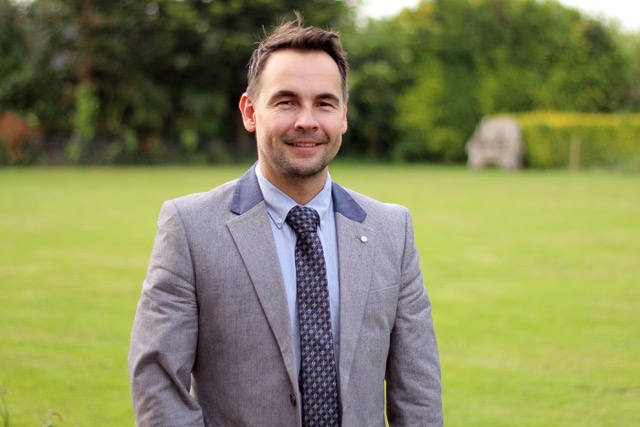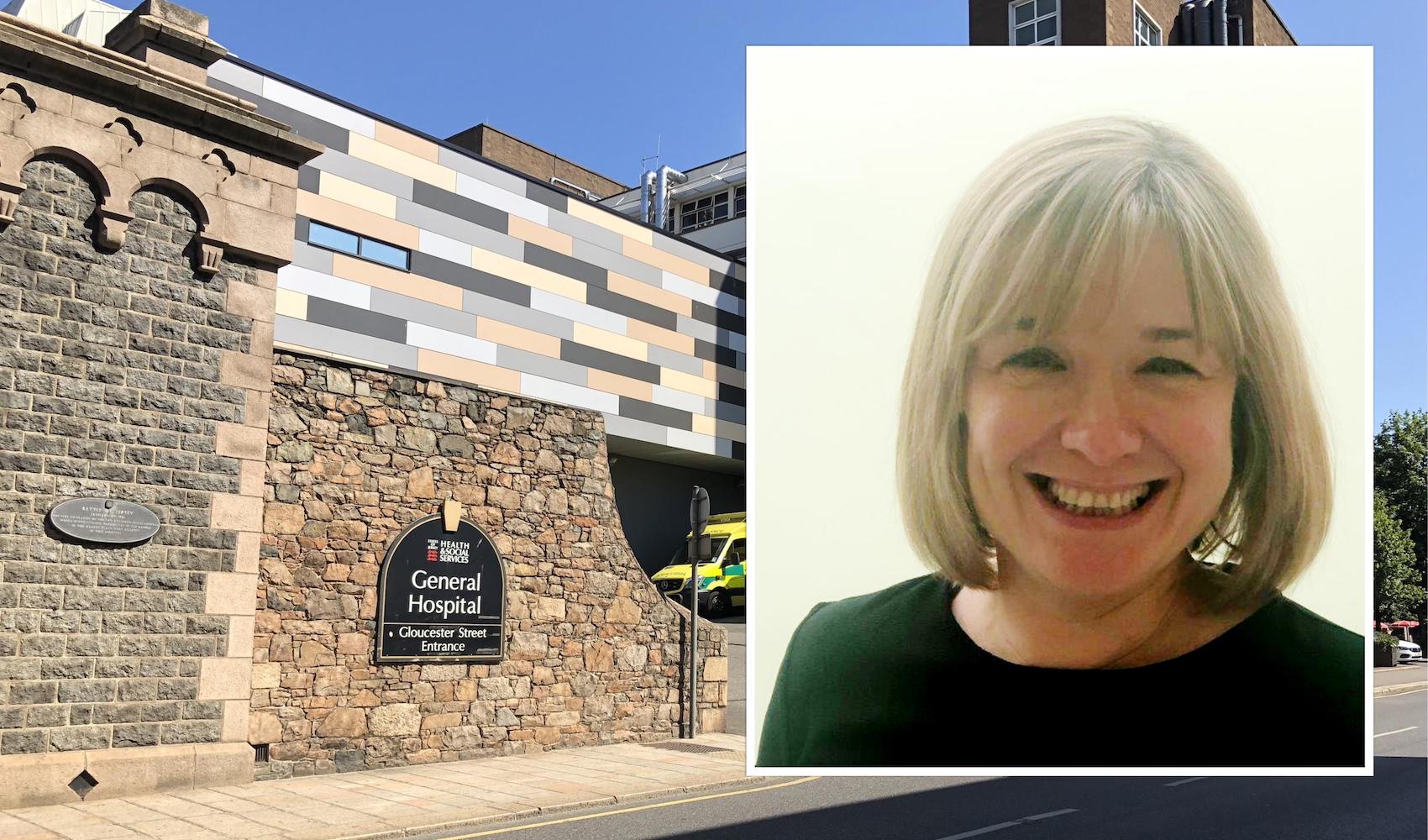


Health and Community Services are seeking around £3.5m as part of a covid recovery plan to catch up with treatment backlogs.
In particular, the department wants to use £0.5m for endoscopy screening, with around 1,000 people waiting for the procedure.

Pictured: Group Managing Director for HCS Rob Sainsbury said that there was a "particular need" in endoscopy.
Speaking to a Public Accounts Committee Public Hearing yesterday, the Director for General Health and Community Services, Caroline Landon, said the department were “optimistic” they would be able to get the funding.
“Our GP colleagues have been really, really challenged, and patients haven’t been wanting to go to their GPs. There’s still a lot of fear out there which we’re still seeing and feeling now.
“So we’ve had a backlog of people going to their GPs, then being referred to outpatients, and then…converting into an inpatient procedure, so we’ve still got a lot of catching up to do.
“We’ve got a lot of catching up to do around screening, so we’ve got plans in place - we’ve put in a bid for a covid recovery business case.
“We’re optimistic that we’ll have that money in order to be able to bring in some additional support, particularly a mobile unit around some bowel screening.”

Pictured: The latest waiting list shows 9,336 people waiting for an outpatient appointment.
Group Managing Director for HCS, Rob Sainsbury, added: “We’ve got various different bids, so we have some screening programme initiatives that we need to undertake.
“We’ve got a particular need in endoscopy, and there are around 1,000 people we need to undertake a scope, an investigation procedure, and that’s around half a million pounds that we’ve had to outlay costs for that initiative, and across all the specialities we’ve seen that investment required.”
Later, Mr Sainsbury confirmed that the total business case across all initiatives was “around £3.5m.”
Currently, according to the latest figures recorded on the Government website, there are 9,336 people on the outpatient waiting list, and 2,560 people on the inpatient waiting list.
During the first wave of the pandemic, elective procedures except for cancers and emergencies were halted, which has contributed to the backlog.
Whilst Ms. Landon said she still felt it was the “right decision” to do this, she admitted that there were “perhaps not strong enough impact assessments,” and that she would not be so quick to halt elective care again, having resumed elective treatment from the second wave onwards.
“We’ve learnt, we came out of the second wave quicker and faster, even though it was harder for us, and we learnt in the first wave that we had to continue activity in the second wave… it hit us quick and we learnt,” she said.

Pictured: Health Director Caroline Landon said that the first wave taught them they needed to continue elective activity through the second wave, when considering balance of risk.
Mr Sainsbury echoed this point, saying that they could see “very clearly from wave one, the lag effect of people not accessing healthcare, presenting then when they’re in a worse condition - the lag we had then in referrals which led to a big balloon in waiting list activity, which proved really problematic for us.
“We could just see that if we continued that in wave two, we’d be similar to what the UK is, and our waiting list would have doubled… we were confident when we looked at the activity, on the balance of harm, the impact of not progressing some of these life limiting conditions potentially and not treating people could be much more harmful than the impact of covid actually.”
One of the other key issues that was brought up in the hearing was the subject of the current hospital facilities and wider health estate buildings, detailing the difficulties in maintaining them, an issue previously laid bare by the Health Minister earlier this year.
Mr Sainsbury said that the 2020 expenditure on hospital maintenance was £7.89m - whilst this was less than the £12m the year before because of the cutdown on services, Ms. Landon warned that this was still “increasing,” and that they are “so hampered about what we can deliver.”
Mr Sainsbury summed up this backlog maintenance as “cyclical, going around and around in terms of reactive estates management, is where I feel we are at the moment.”
He later added: “We always have ward-based refurbishment that’s required, we’ve got day surgery, that requires ventilation change.
“We’ve obviously got the huge capital programme including Clinique Pinel and Orchard House, Le Chasse has been opened, we’ve had to move our drug and alcohol services to Maison le Pape - there are too many to mention, it’s continuous estate change.”
Comments
Comments on this story express the views of the commentator only, not Bailiwick Publishing. We are unable to guarantee the accuracy of any of those comments.